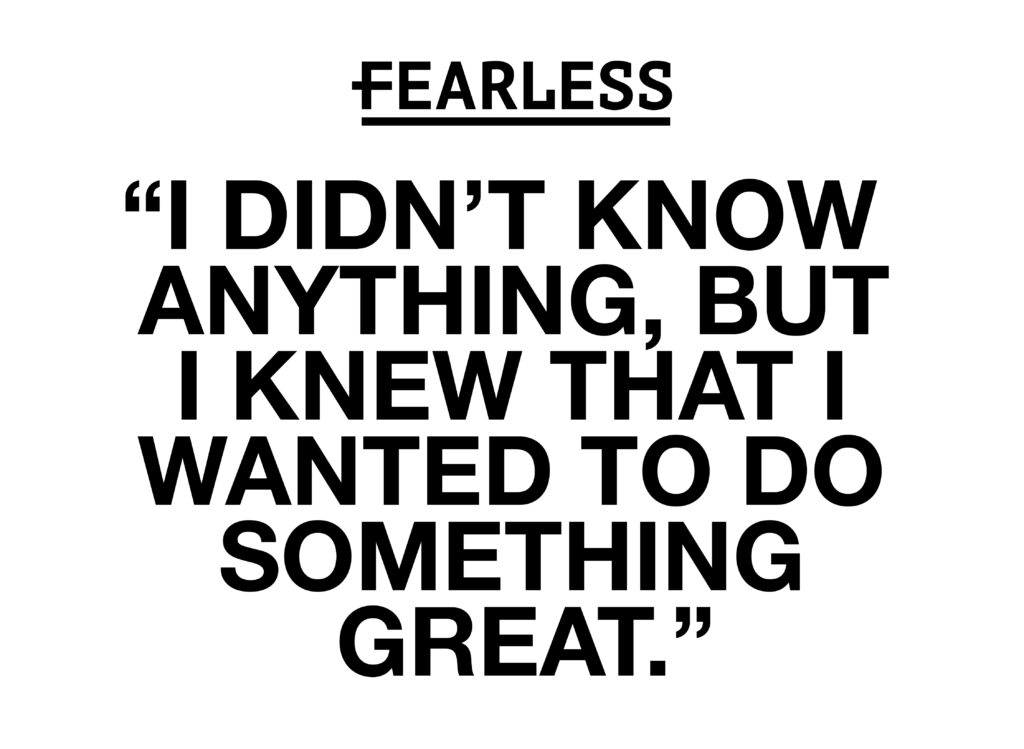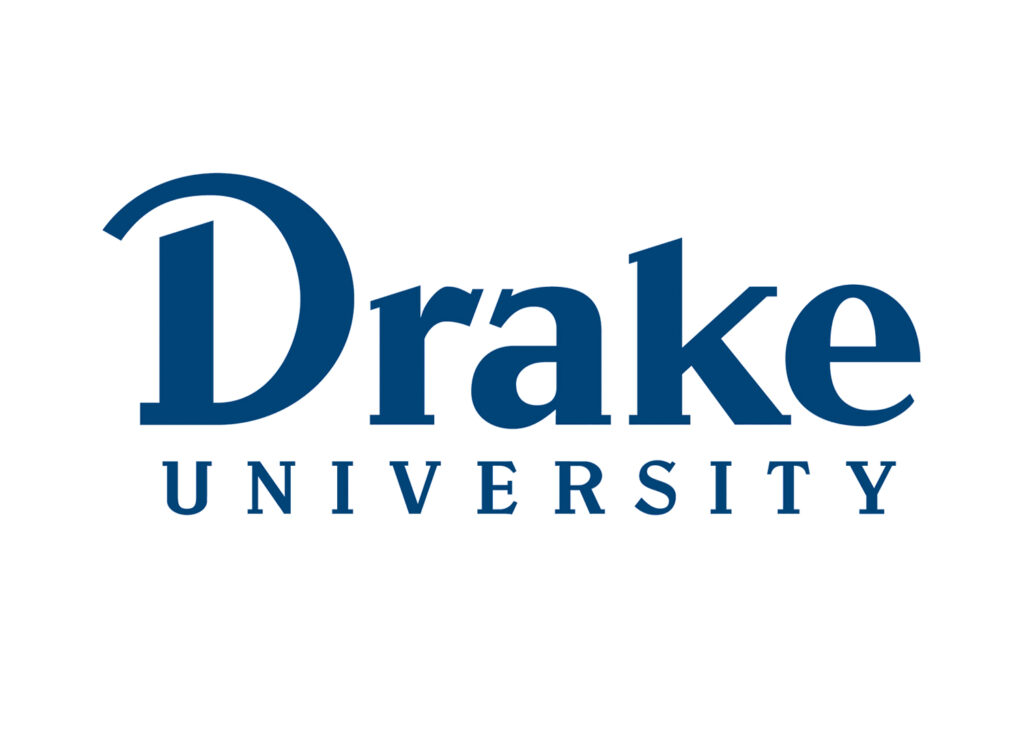A Closer Look: Jenny Foster
Take a closer look at the Academic dean, Industry & Technology Division, Des Moines Area Community College

JOE GARDYASZ Jun 27, 2019 | 1:09 pm
5 min read time
1,289 wordsBusiness Record Insider, Education, Innovation and EntrepreneurshipJenny Foster knows firsthand the challenges and rewards in finishing a degree program while working full time. Throughout her career, she has gone back to school several times to improve her credentials, most recently earning a doctorate in education leadership from Iowa State University. In her new role as DMACC’s academic dean for industry and technology, Foster oversees more than two dozen high-demand career programs ranging from advanced manufacturing and tool and die to building trades and web development, automotive technology, welding and horticulture.
Foster, who has been associate dean of the Industry & Technology Division since 2013, joined DMACC as director of program development in 2010. Before coming to DMACC, she was an education consultant for the state of Iowa and held several administrative roles at the former AIB College of Business.
How did you get into industrial and technical education?
I started teaching at North High School in business education as part of a career in tech. After we had our first son, I took some time off, and then I started teaching at night, and it was always in technology. My husband is an electrician, and he had gotten into the trade through an apprenticeship program right after high school. So that has been a great career for him, and it definitely has supported our family. So the trades have always been part of our life and our financial security. After I left the Department of Education, I had the opportunity to open the Perry [VanKirk] Career Academy. That was a great experience, and the community was so supportive. They raised millions of dollars to get that facility there to provide additional opportunities for those students.
How large of a piece of DMACC are the industrial and tech programs?
We have several thousand students in our program in our on-campus programs, not including high school students [in the career academies]. We have about 65 full-time faculty in the industry and tech area, and then if you add in the adjuncts and full-time and part-time staff, we have about 200 faculty and staff who support these programs. There are about 30 different programs that are in industry and tech, and these are what are called stackable credentials. So they can come in and take one class and try it out, and then they may decide to take another class, and those classes lead to certificates, and the certificates lead into diplomas, and our diplomas lead into our two-year degrees. So students aren’t wasting their time and money in classes that don’t stack into the higher-level credentials.
Which programs would you say are in the highest demand right now by employers?
Well, I’m trying to think of one that is not in high demand. Really, I meet with employers weekly, and we have employers coming in and talking with students all the time. I can’t think of one program in our area that does not have multiple job postings for students. And in fact, employers are now working with our students earlier in their first year or semester, because if they wait until the second year, they already have a job. Our students are receiving multiple job offers, sometimes double-digit job offers, and making very good money.
What are some ways that employers are getting more creative in recruiting?
We have a lot of employers that are great partners. For example, we do something called Career Discovery Days, where we talk about all the engineering tech programs, and students, parents and counselors will go and do projects and activities related to those programs. For instance, for the wastewater treatment program they’ll look at water samples under microscopes, and then in the afternoon they’ll actually go to the employers and do field trips to see what the work looks like.
Are more women enrolling in some of these technical areas?
In some of the areas we’re getting more women, and it just takes a couple and then they start talking [and interest increases]. A great example is a student named Mandy who just found out about tool and die by accident. Now she’s an Accumold Scholar, and Accumold is paying for her classes here. She has become an ambassador for DMACC and she works with all kinds of middle school and high school students who come in for tours. She is so excited about the program, I think that we will have more women in the program because of her. We also did a girls in construction event in the spring. We’ve really been focusing on educating [about the opportunities for women in tech fields].
What do you see as some of the biggest strengths of DMACC’s industrial and tech programs?
When anybody comes to DMACC in one of the industrial and tech fields, they’re assigned what we call a navigator, who works with them from the very beginning to the very end. They’ll make sure that they’re comfortable with their testing, and whether they signed up for orientation. They check in with the students on midterm grades, and ask how they’re doing and whether they need help. So I think that’s a real benefit of our programs, that if they come to class and work really hard, there are so many resources that DMACC provides to help students be successful. We did a survey a couple of years ago of all our industry and tech students, and hands down, the one thing they said they liked the best was how great the faculty were, that we had hired experts in the field.
Any significant new programs coming up in the next year or two?
Green energy is a field with a lot of interest from students, so we’re currently working on what that two-year degree will look like by working with employers so they can tell us the key knowledge, skills and abilities they are looking for. So we’re really excited about that one. We’re also working on a construction management program. We have a building trades program, which is a one-year diploma, and now those folks who have been working want some additional training. So we’re combining the management certificate with the building trades diploma to have a two-year degree option for students. … Annually, we do evaluations of all of our programs to look at what we’re doing well and what we can improve upon. … The one thing we’re always talking about here is — are we meeting employers’ needs? That’s why our advisory committees [with business and industry representatives] are so important. We meet with them at least twice a year.
What’s the biggest leadership lesson you’ve learned here?
I was very fortunate that I got to work with Scott Ocken [now vice president of academic affairs] for six years. I think one of the biggest lessons I’ve learned is: Take your time — that some decisions can’t be made quickly. And it’s OK to tell someone, “I need to give that some thought, and I’ll get back to you,” so that you’re not rushing to make a decision where maybe you haven’t had a chance to think about all the consequences.
Hobbies you enjoy?
This summer we’re going to try Frisbee golf. We live by Easter Lake and there’s a Frisbee golf course there, so we’re going to try that. And in the last couple of years, I’ve really been into cooking and trying new recipes. So every weekend, I’m trying something new, and what better guinea pig is there than your husband — who always thinks that everything I make is just the most delicious thing he’s ever had? I also like to hang out with my kids as much as they’ll let me, which is not very much anymore. n










